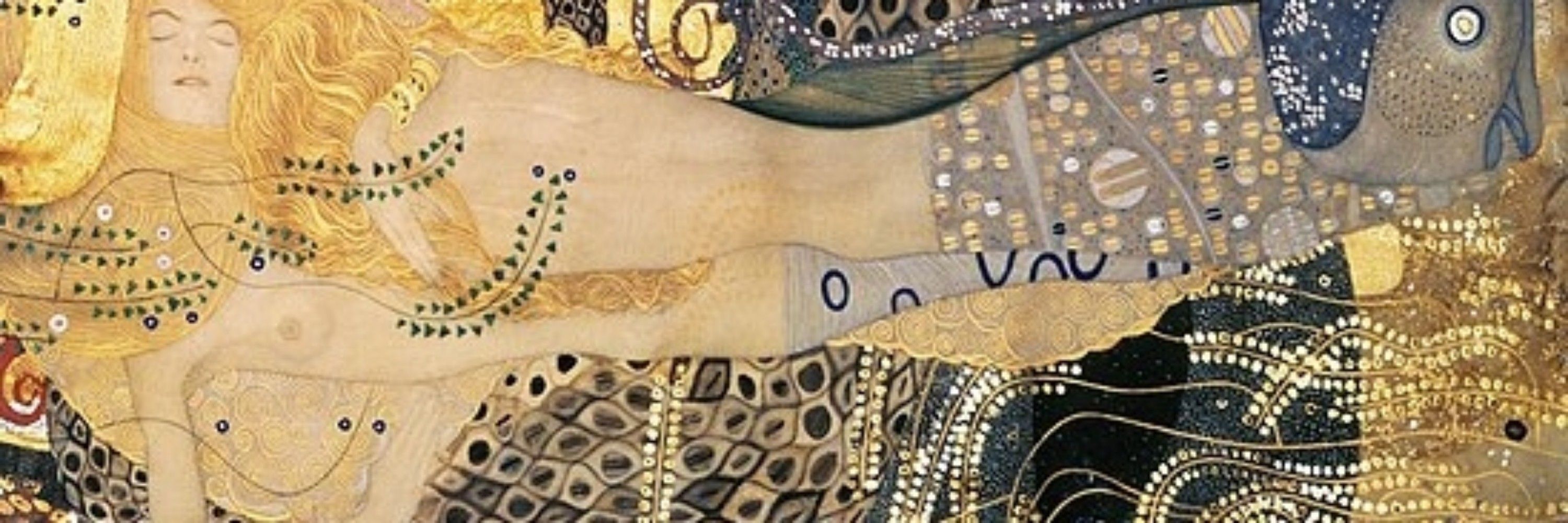
Jungian, Kathie Carlson on positively approaching the unhealed child within. From her book, 𝘐𝘯 𝘏𝘦𝘳 𝘐𝘮𝘢𝘨𝘦: 𝘛𝘩𝘦 𝘜𝘯𝘩𝘦𝘢𝘭𝘦𝘥 𝘋𝘢𝘶𝘨𝘩𝘵𝘦𝘳'𝘴 𝘚𝘦𝘢𝘳𝘤𝘩 𝘧𝘰𝘳 𝘏𝘦𝘳 𝘔𝘰𝘵𝘩𝘦𝘳.
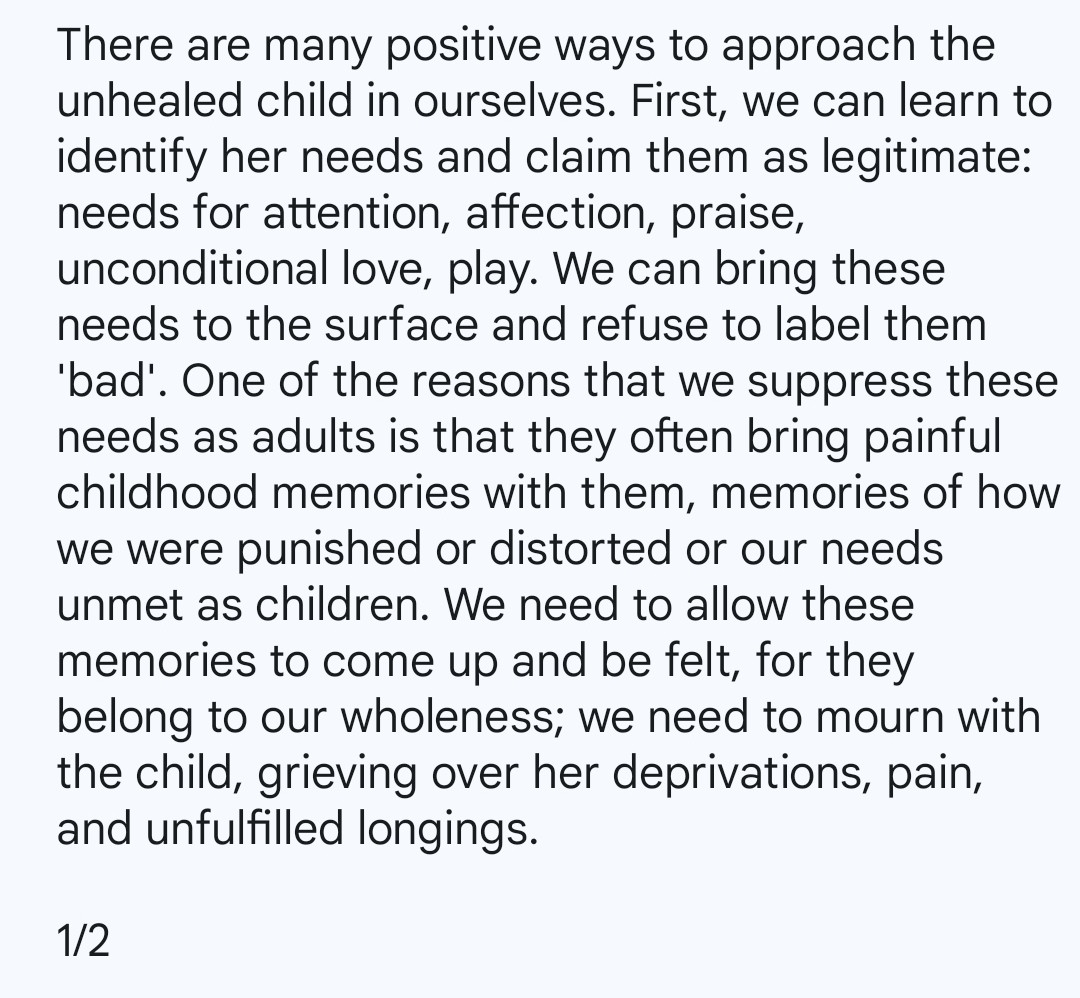
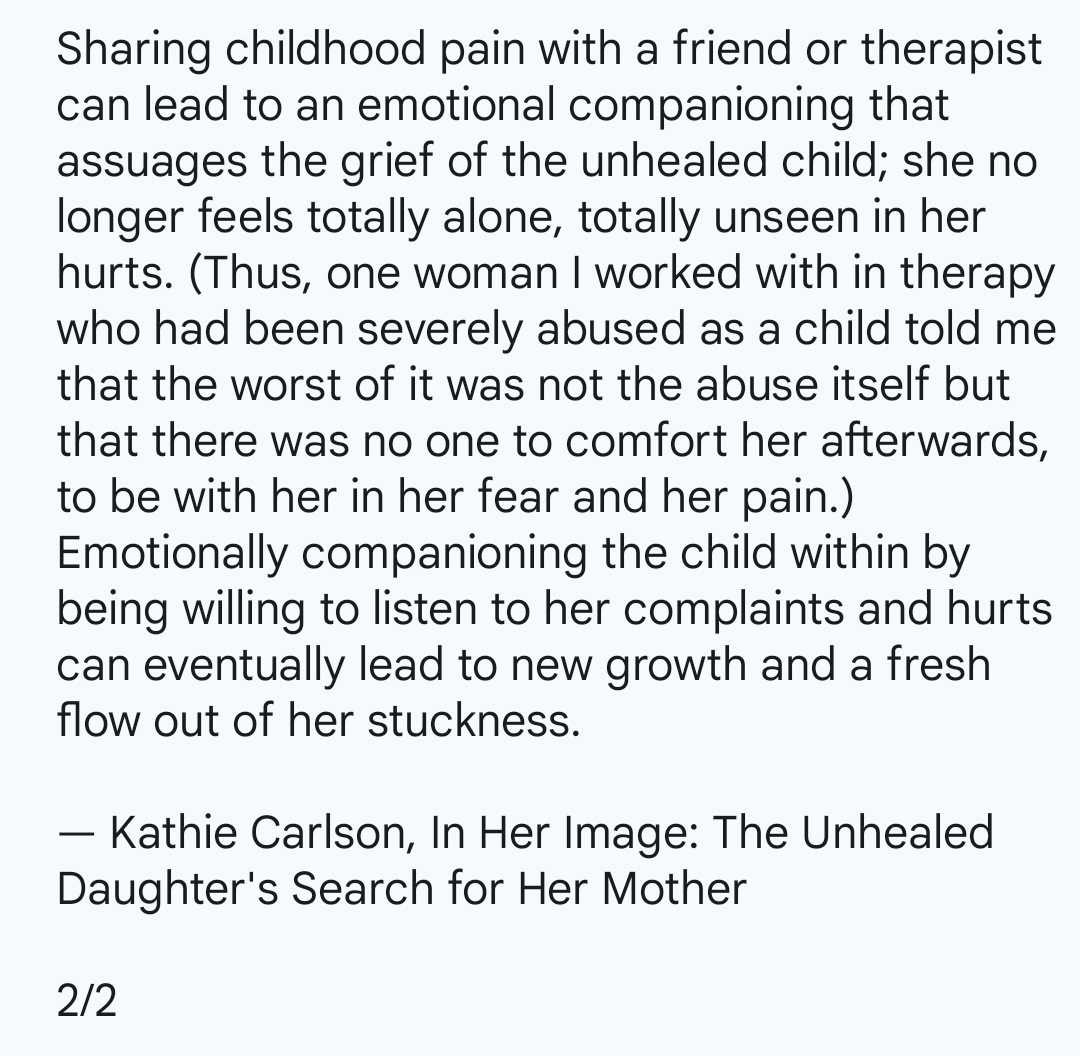
Jungian, Linda Schierse Leonard on the feminine archetype of the Eternal Girl [aka the 𝘱𝘶𝘦𝘭𝘭𝘢]. From her book, '𝘛𝘩𝘦 𝘞𝘰𝘶𝘯𝘥𝘦𝘥 𝘞𝘰𝘮𝘢𝘯: 𝘏𝘦𝘢𝘭𝘪𝘯𝘨 𝘵𝘩𝘦 𝘍𝘢𝘵𝘩𝘦𝘳-𝘋𝘢𝘶𝘨𝘩𝘵𝘦𝘳 𝘙𝘦𝘭𝘢𝘵𝘪𝘰𝘯𝘴𝘩𝘪𝘱'.
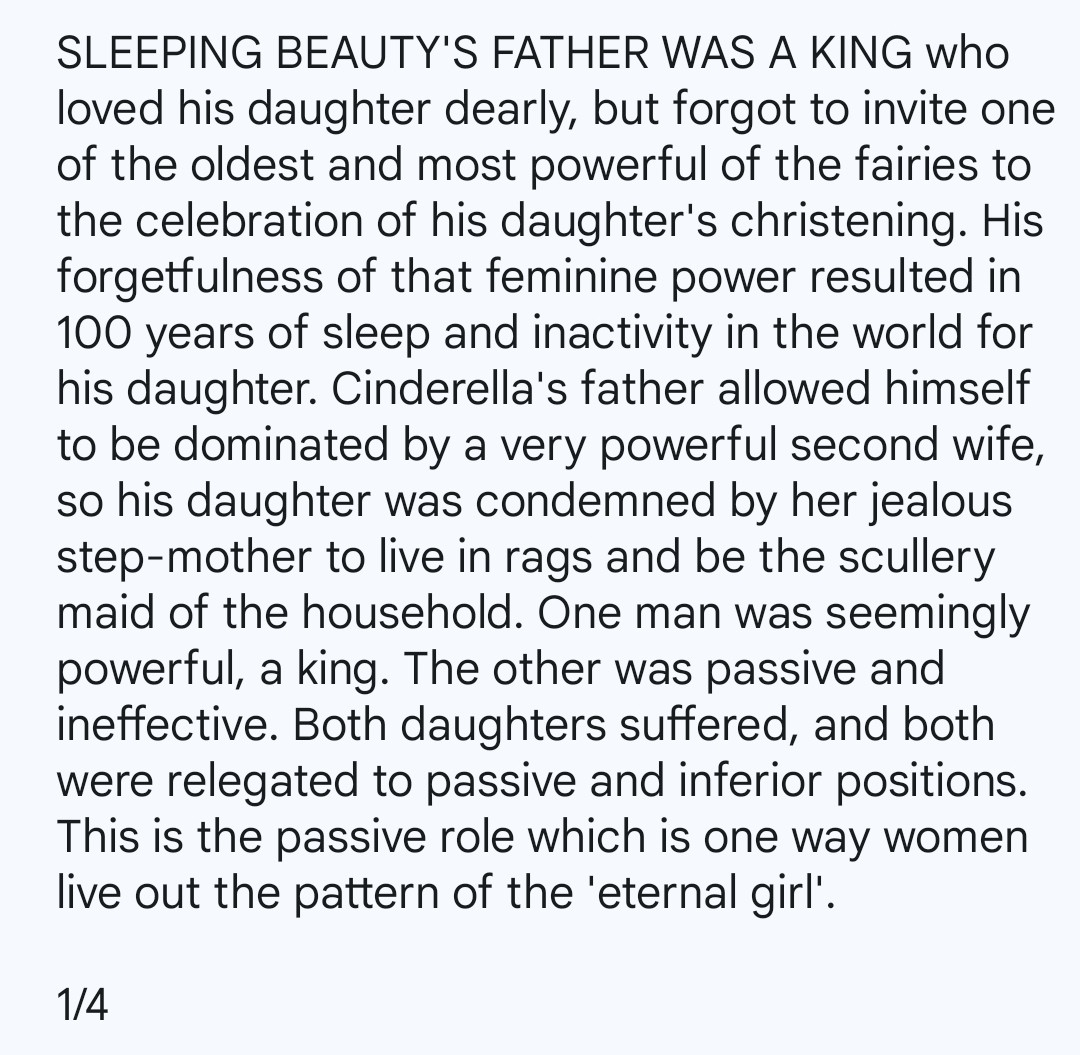
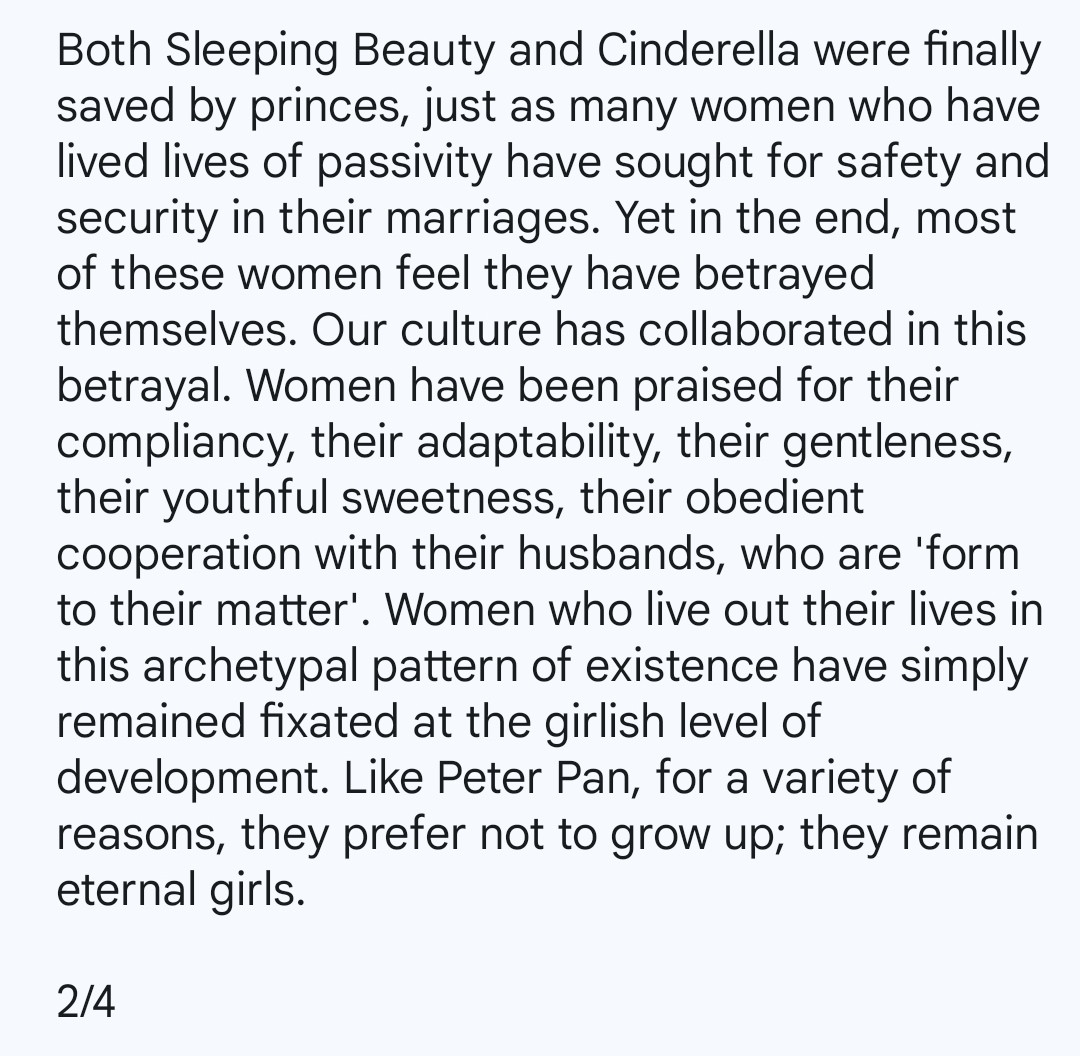
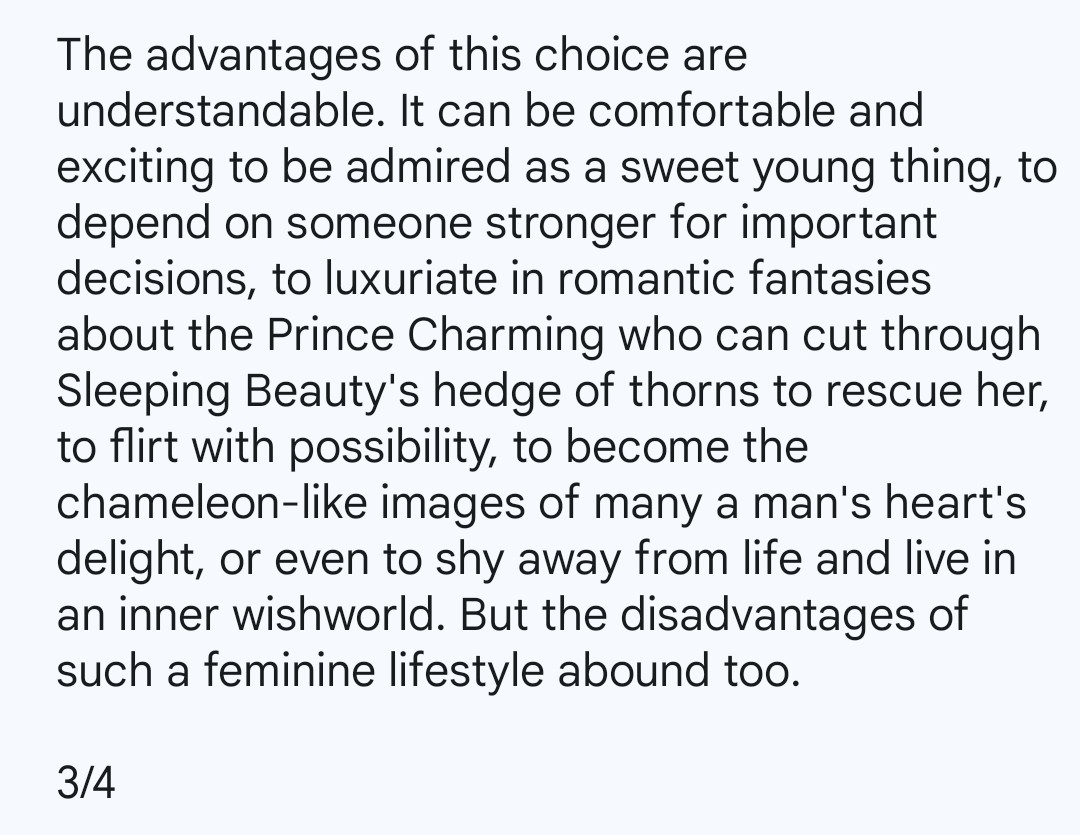
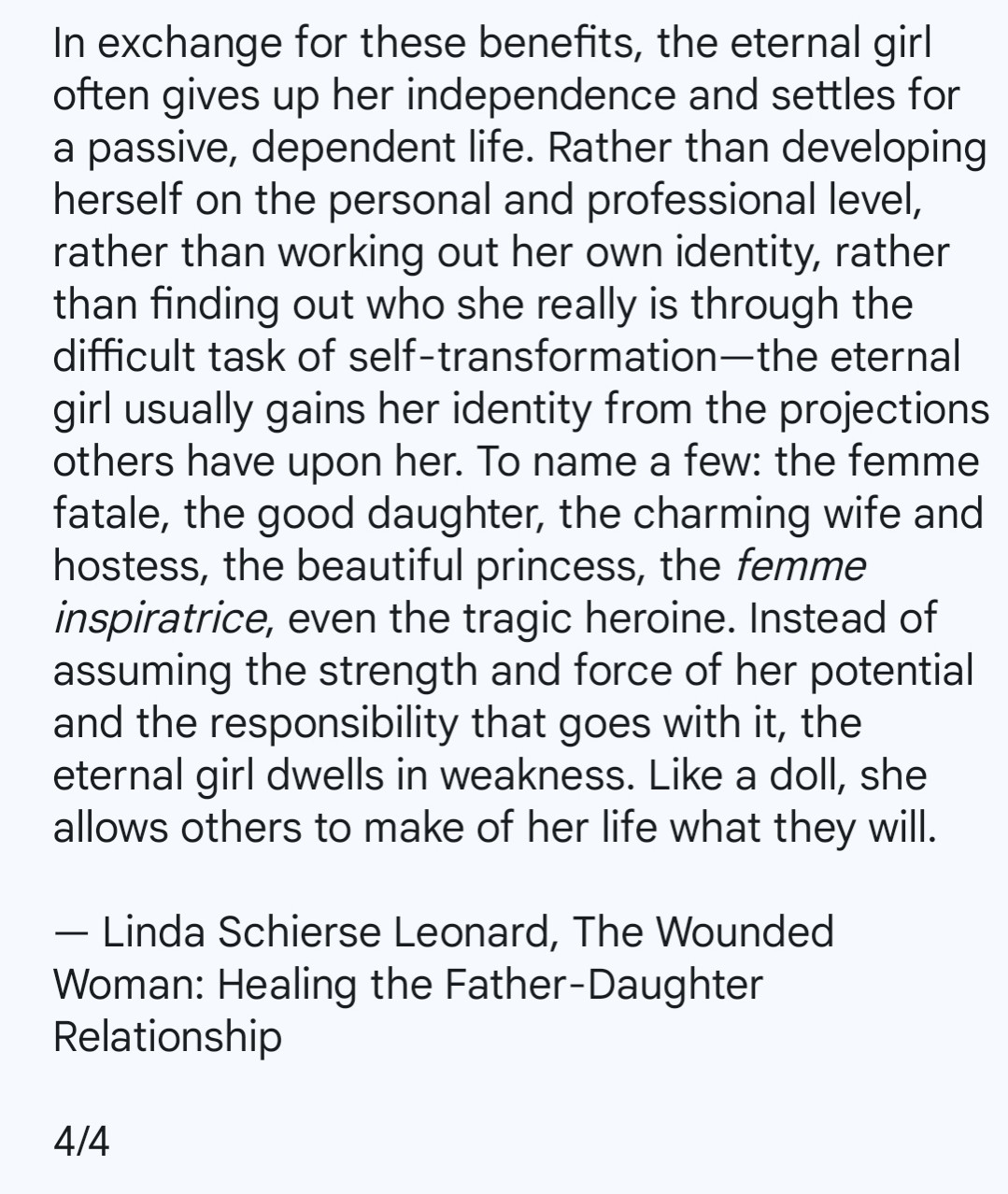
Yes, we are. And some folks get very angry when they're challenged otherwise.
Jungian, Daryl Sharp on neediness in relationships. From his book, 𝘎𝘦𝘵𝘵𝘪𝘯𝘨 𝘵𝘰 𝘒𝘯𝘰𝘸 𝘠𝘰𝘶: 𝘛𝘩𝘦 𝘐𝘯𝘴𝘪𝘥𝘦 𝘖𝘶𝘵 𝘰𝘧 𝘙𝘦𝘭𝘢𝘵𝘪𝘰𝘯𝘴𝘩𝘪𝘱.
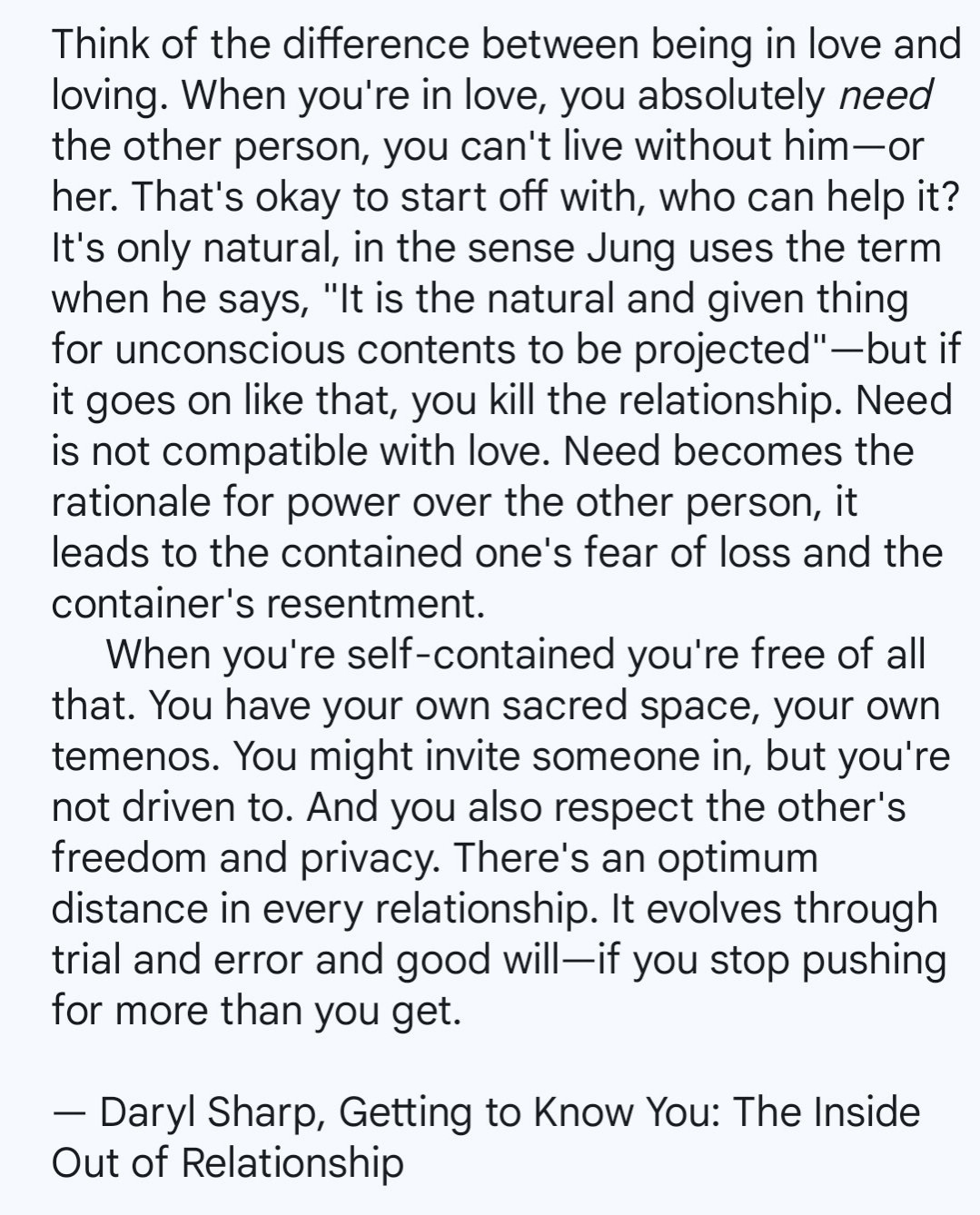
For anyone interested in learning more about alchemy from a psychospiritual perspective [especially as its symbolism so often appears in dreams], I found this book super helpful.
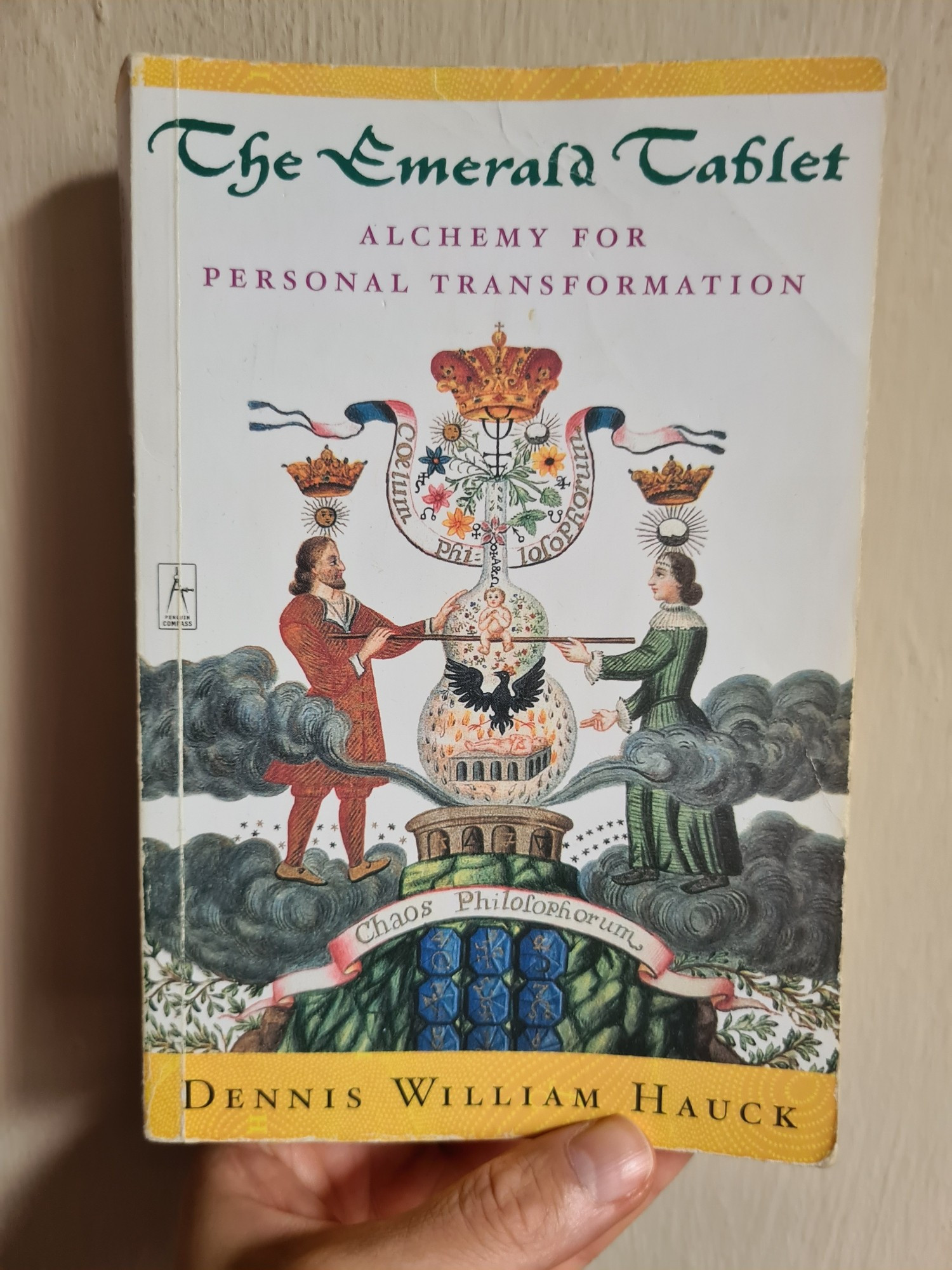
And here's the accompanying podcast for this chapter, 'The Untimely Demise of Intuition', from McGilchrist's book, 𝘛𝘩𝘦 𝘔𝘢𝘵𝘵𝘦𝘳 𝘸𝘪𝘵𝘩 𝘛𝘩𝘪𝘯𝘨𝘴. The point quoted above comes up at approximately 27:00: youtu.be/dlV_AtdVO8c?...
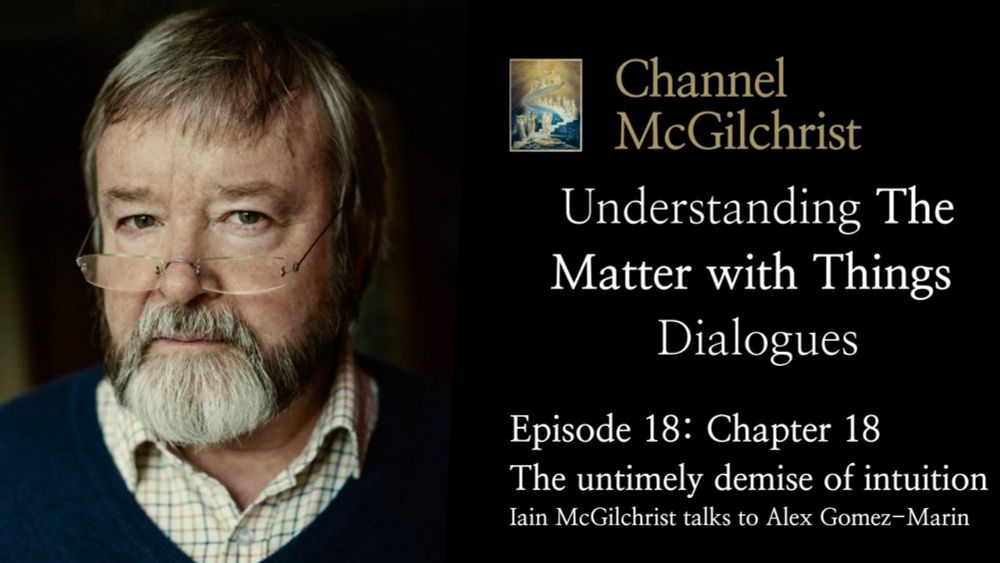
This series of dialogues between Iain McGilchrist and Alex Gomez-Marin explores Iain's latest book The Matter with Things. In Episode 18 Iain and Alex discuss Chapter 18, The untimely demise of intuition To purchase The Matter with Things Hardback internationally https://Amazon.com and https://BookDepository.com Hardback UK only https://ChannelMcGilchrist.com , https://Amazon.co.uk and other booksellers nationwide Kindle on https://www.amazon.co.uk and https://www.amazon.com To explore Dr Iain McGilchrist's work in greater depth and breadth, join Channel McGilchrist here https://channelmcgilchrist.com/join/ You can read Dr. Gomez-Marin's work at https://behavior-of-organisms.org/ and follow him on twitter as @behaviOrganisms Dr Àlex Gómez-Marín is a Spanish physicist turned neuroscientist. He holds a PhD in theoretical physics and a Masters in biophysics from the University of Barcelona. He was a research fellow at the EMBL-CRG Centre for Genomic Regulation and at the Champalimaud Center for the Unknown in Lisbon. His research spans from the origins of the arrow of time to the neurobiology of action-perception in flies, worms, mice, humans and robots. Since 2016 he is the head of the Behavior of Organisms Laboratory at the Instituto de Neurociencias in Alicante, where he is an Associate Professor of the Spanish Research Council. Combining high-resolution experiments, computational and theoretical biology, and continental philosophy, his latest research concentrates on real-life cognition and consciousness.

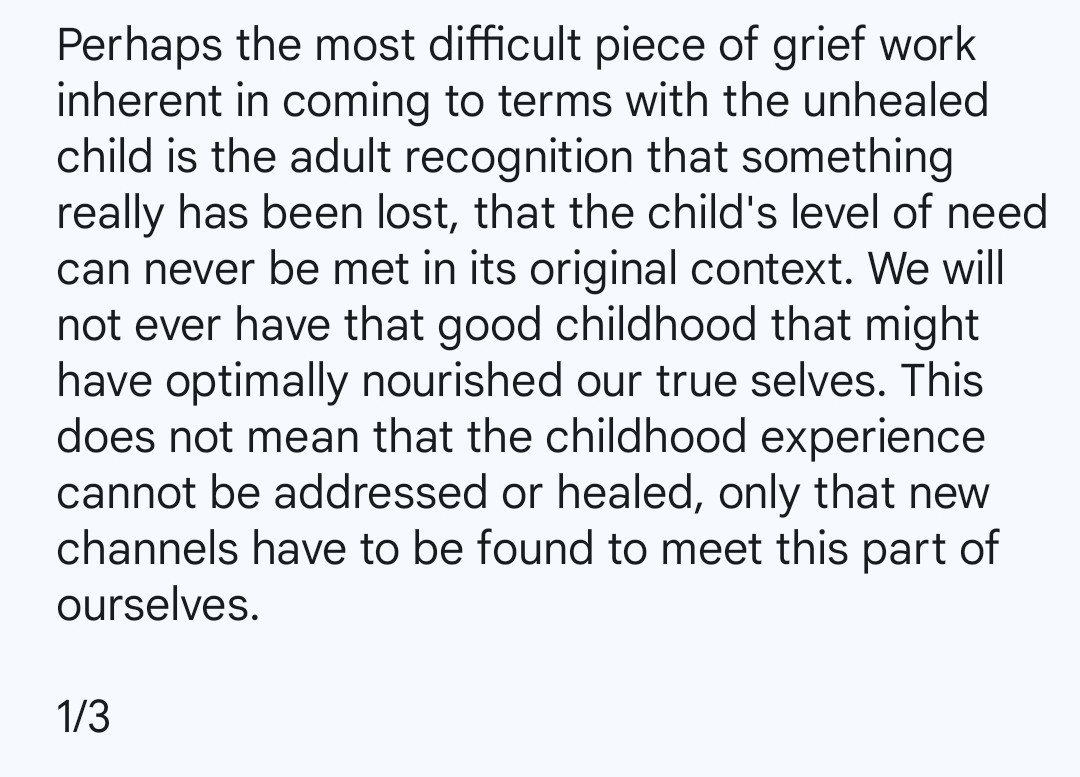
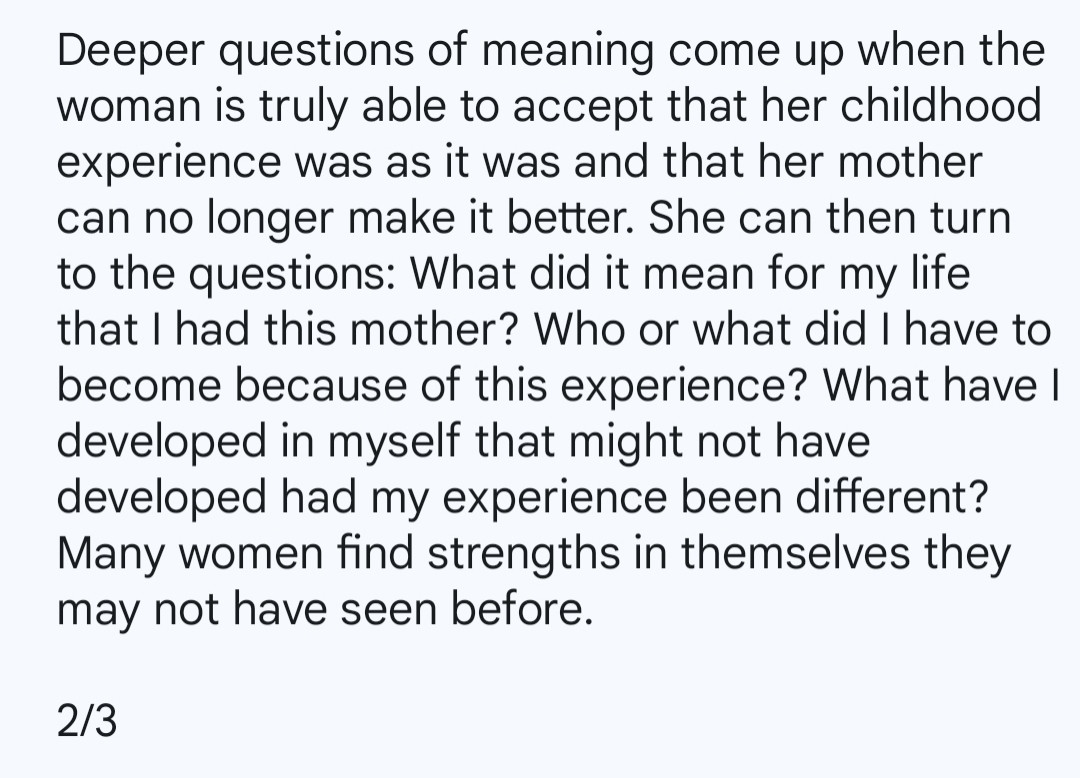
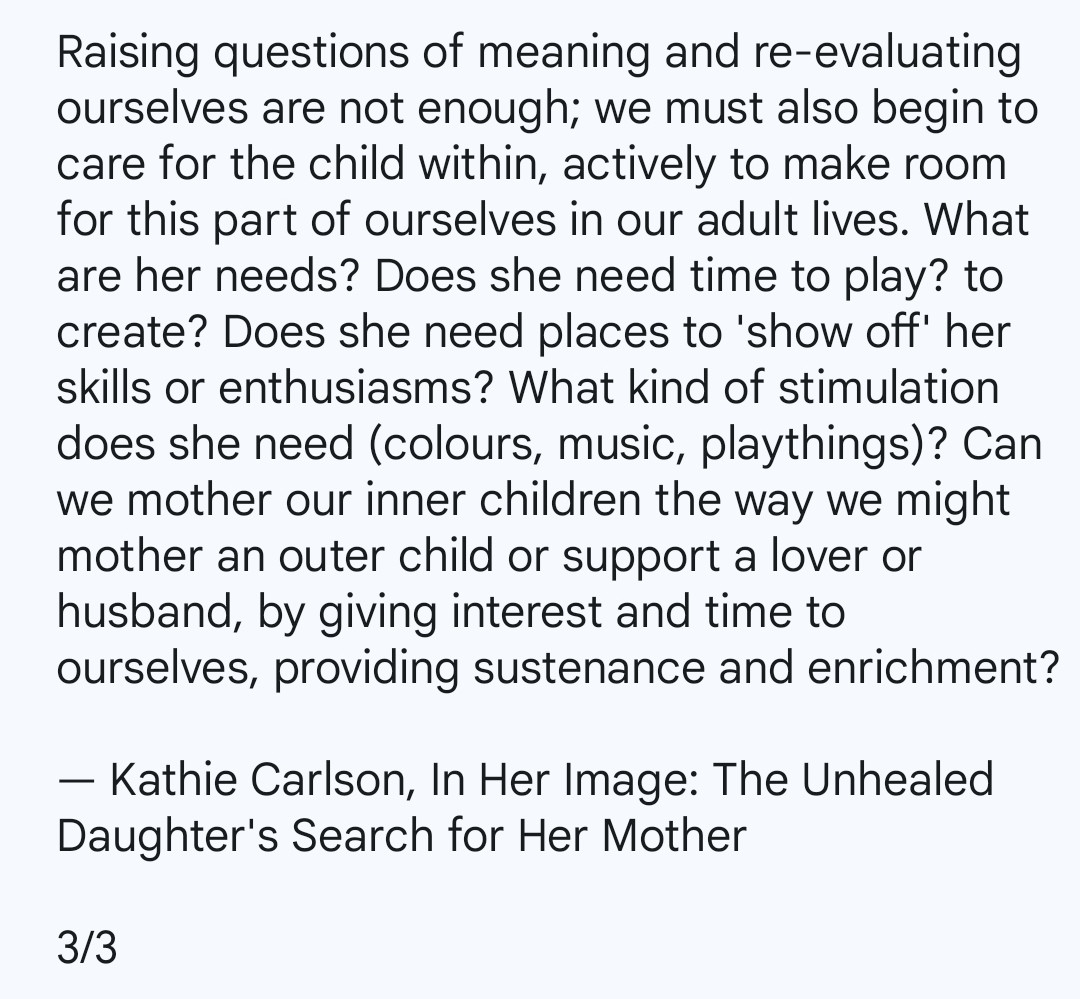
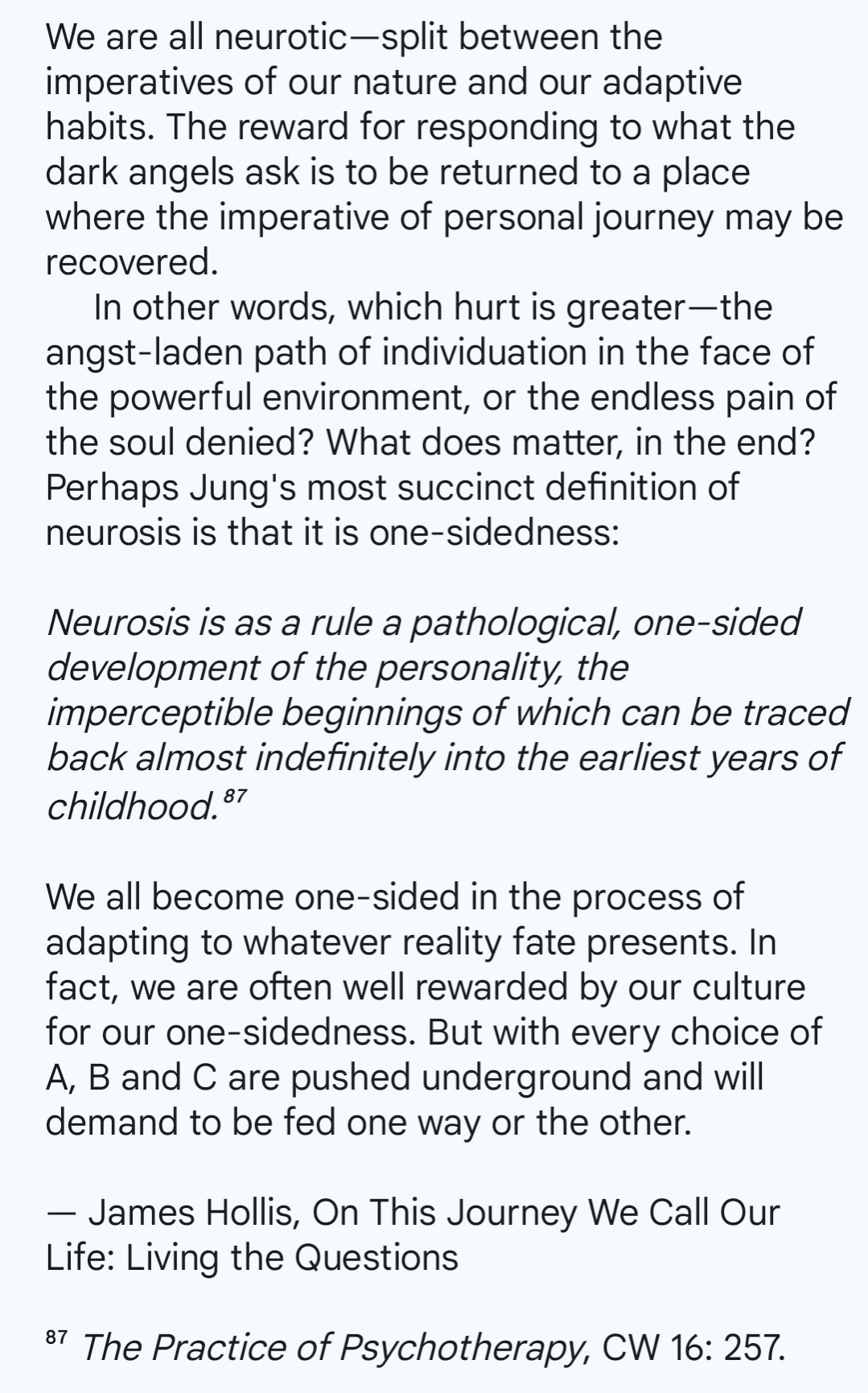
![Alchemy is quite simple. You begin with the massa confusa—the base substance, the crude ingredients, the lead. They are placed in a Vas Hermeticus, a sealed container. Heat is applied to that container and a series of operations are conducted upon the substance to change its nature and transform it into 'gold'. The operations can include condensation, distillation, 'repetitio', 'mortificatio' and 'the marriage of the king and queen'. It is a very metaphorical process that is not considered esoteric by [Carl] Jung and [James] Hillman—rather, it is a process that reveals the true nature of the original substance. The massa confusa is equated with the rejected cornerstone of biblical tradition. The god, or golden child, created in the end is equated with the birth of the soul.
— Jerry Fjerkenstad, from Meeting the Shadow: The Hidden Nature of the Dark Side of Human Nature](https://cdn.bsky.app/img/feed_fullsize/plain/did:plc:iaym5uhlvpvgjsvgotrvdlkm/bafkreihuskfjm4scmfspdu6e2ugkmtqn6pu45dbm2zjwlirqn2epuvbre4@jpeg)
![[Jung] views the soul as a substance in constant need of reaching beyond itself to a larger life. We need ecstasy, which in its Greek sense (ek-stasis) means to be outside the ego. The ego is a prison, caught in time, space and rationality. We need to leave this mental prison behind from time to time, and on a regular basis. What can get us out? Poetry, love, sex, therapy, passion, nature, ritual, ceremony, music, empathy, compassion, and 'feeling with' the world. All of these things Jung calls 'religion'. Religion is anything that provides escape from egocentricity, relief from the mundane, and as such he gives a Dionysian spin to religion, that seems almost contrary to what an archbishop, for instance, might mean by this term.
— David Tacey, How to Read Jung](https://cdn.bsky.app/img/feed_fullsize/plain/did:plc:iaym5uhlvpvgjsvgotrvdlkm/bafkreiclnfkxxjeh3dfdgjji5zdvt5rqe77dqqgdoxr4dxjyquotamqmje@jpeg)